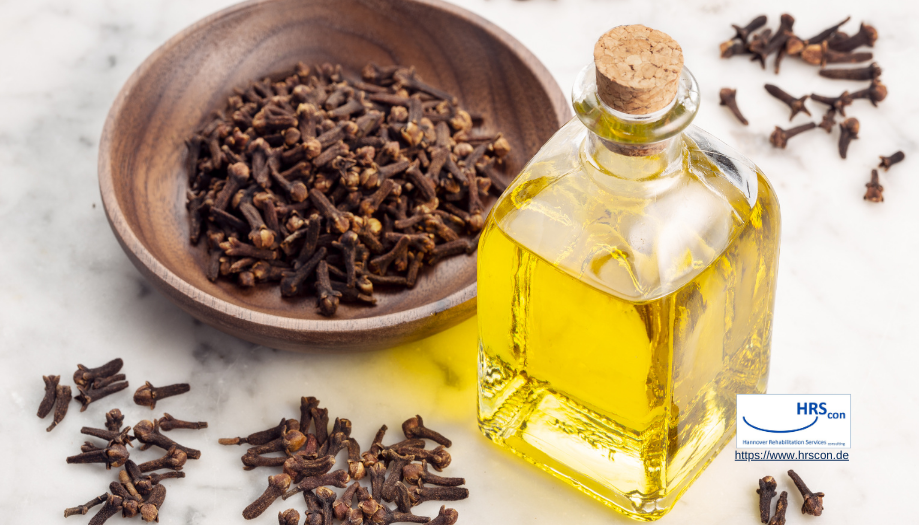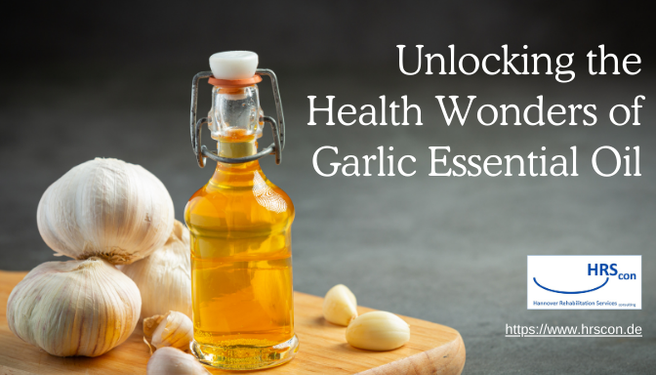Clove oil, a traditional remedy with a long history, is getting a modern makeover. Researchers have developed a new method to create nanoemulsions of clove oil, significantly enhancing its potential for various health applications.
Clove Oil: Beyond Kitchen Spice
Clove oil, extracted from clove buds, is a familiar ingredient in cooking. However, its benefits extend far beyond the kitchen:
- Traditional Uses: Clove oil has been used for centuries as an anesthetic, pain reliever, and insecticide.
- Modern Exploration: Recent research delves deeper into its potential as an antimicrobial, antioxidant, and even an anti-cancer agent.
Nanoemulsions: A Game Changer for Natural Remedies
This study explores a revolutionary technique – nanoemulsions:
- Tiny But Mighty: Nanoemulsions are extremely small dispersions of one liquid within another, with droplet sizes less than 100 nanometers (billionths of a meter).
- Unlocking Potential: Nanoemulsions can improve the stability and effectiveness of natural ingredients like clove oil.
Optimizing the Clove Oil Nanoemulsion
Researchers employed a sophisticated method to create the best possible clove oil nanoemulsion:
- Minimizing Surfactant Use: They focused on minimizing the amount of surfactant (stabilizing agent) needed, while maximizing the clove oil content.
- The Sweet Spot: The study identified the optimal combination – 1% surfactant, 2.5% oil phase (with 50.7% clove oil) – resulting in a nanoemulsion with an average droplet size of 93 nanometers.
Stability and Beyond: A Closer Look
The study assessed the nanoemulsion’s properties:
- Stability Checks: The nanoemulsion passed rapid stability tests, including centrifugation, freezing-thawing, and heating-cooling cycles.
- Storage Challenges: However, the droplet size increased during storage at different temperatures, requiring further research on long-term stability optimization.
A Multifaceted Approach: From Antioxidants to Antibacterial Effects
The research explored various potential benefits of the nanoemulsion:
- Antioxidant Activity: While clove oil itself exhibited strong antioxidant properties, the effect was somewhat diminished in the nanoemulsion, suggesting further investigation.
- Antimicrobial Power: The nanoemulsion demonstrated strain-dependent antimicrobial activity against several bacteria, with E. coli and S. typhimurium being the most susceptible.
- Promising Anticancer Effects: The nanoemulsion showed significant cytotoxic activity against Caco-2 cancer cells, suggesting potential for future cancer treatment studies. However, results varied depending on the specific cancer cell line.
The Future of Natural Remedies: Tiny Emulsions with Big Potential
This research opens doors for a future where natural remedies like clove oil can be even more effective:
- Enhanced Bioavailability: Nanoemulsions can improve the absorption and delivery of clove oil’s active ingredients within the body.
- Targeted Therapies: These tiny emulsions hold promise for developing new targeted therapies for various diseases.
- Natural Approach: The use of clove oil offers a potentially safer and more natural approach to healthcare compared to some synthetic drugs.
By harnessing the power of nanoemulsions, scientists are unlocking the full potential of natural remedies like clove oil. This research paves the way for innovative treatments and a brighter future for natural healthcare solutions.




